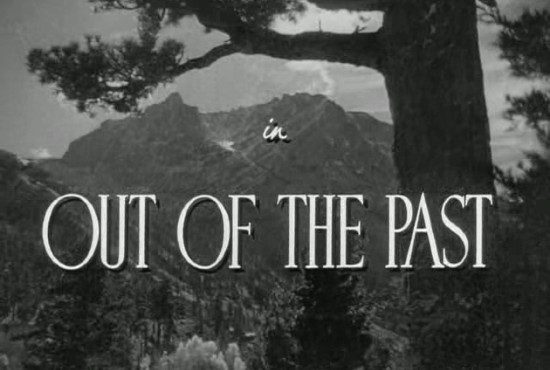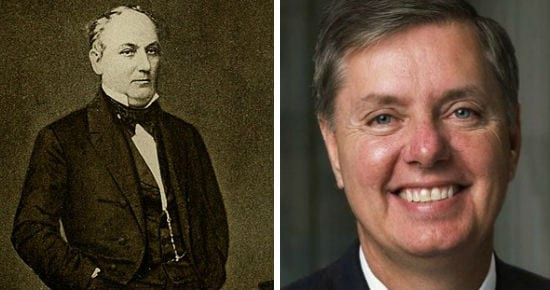"You're not allowed to kill civilians" is not exclusively, or even primarily, a legal statement.
Like the Universal Declaration of Human Rights, this prohibition is spelled out in international law. But, like those rights, it precedes this particular legal formulation. Just as the Universal Declaration is not the source of the human rights it affirms, so too international law is not the source of the prohibition against killing civilians.
But let's save the metaphysics for another time and consider, for a moment, the existence of this prohibition in international law. Such law exists, by they way, in treaties and agreements ratified by the United States and thus, for Americans, is not only "international" law, but also national law.
The prohibition against killing civilians is most explicit in two places: the rules regarding noncombatant immunity and those regarding proportionality.
Aha! say the scribes and the Pharisees and the teachers of the law, neither of these prohibitions is absolute! Each acknowledges the possibility of exceptions. So if each only prohibits the killing of civilians, say, 9 out of 10 times, then such killing must be permissible 2 out of 10 times.
No. The mistake here is one of arithmetic. Two 9/10 prohibitions do not add up to a 1/5 permission. This is a multiplication problem — a fraction of a fraction: 1/10 x 1/10 = 1/100.
The arithmetical mistake arises from a larger problem involving perverse intent. Both prohibitions are exactly that: prohibitions. To approach them seeking permission is to misread them — to read them precisely backwards.
Each prohibition, it is true, acknowledges the possibility of exceptions — exceptions based, as we discussed earlier, on the principle of double effect. And double effect does not allow for perverse intent. It does not provide permission for those seeking permission.
Earlier, we considered the illustration of a surgeon:
A doctor, for example, is bound by oath to "do no harm." Slicing someone with a razor-sharp knife would certainly seem to constitute doing harm. But if the doctor is slicing someone with a scalpel because this cutting is an inescapable part of surgery needed and intended to heal, then the doctor may — perhaps even must — perform such slicing without violating her oath. The harm done by the slicing is an unavoidable second effect and is not the doctor's main intent. … The key elements here are the intent, the justice/goodness and necessity of the primary effect, and the inescapable/unavoidable nature of the secondary, unintended effect.
The cutting of the surgeon's scalpel is a secondary, unintended effect and it is permissible only if it is unavoidable in the pursuit of the doctor's actual intent, which is to heal. If our hypothetical doctor were a sadist, more interested in the cutting than in the healing, then her use of the scalpel would not be permissible.
Let me put it more plainly: An appeal to double effect can excuse the unavoidable, but it does not grant permission. The very seeking of that permission negates the appeal.
Or, to put it even more plainly:
You're not allowed to kill civilians.












